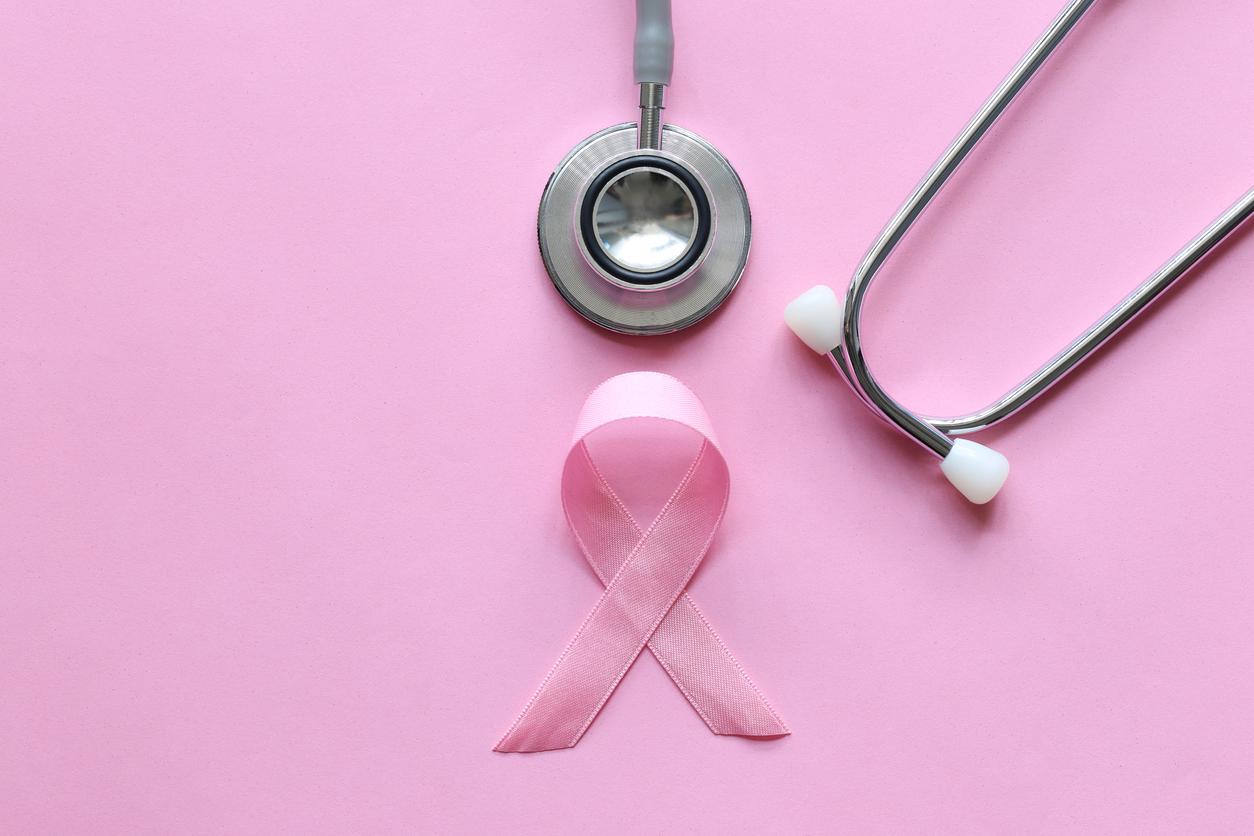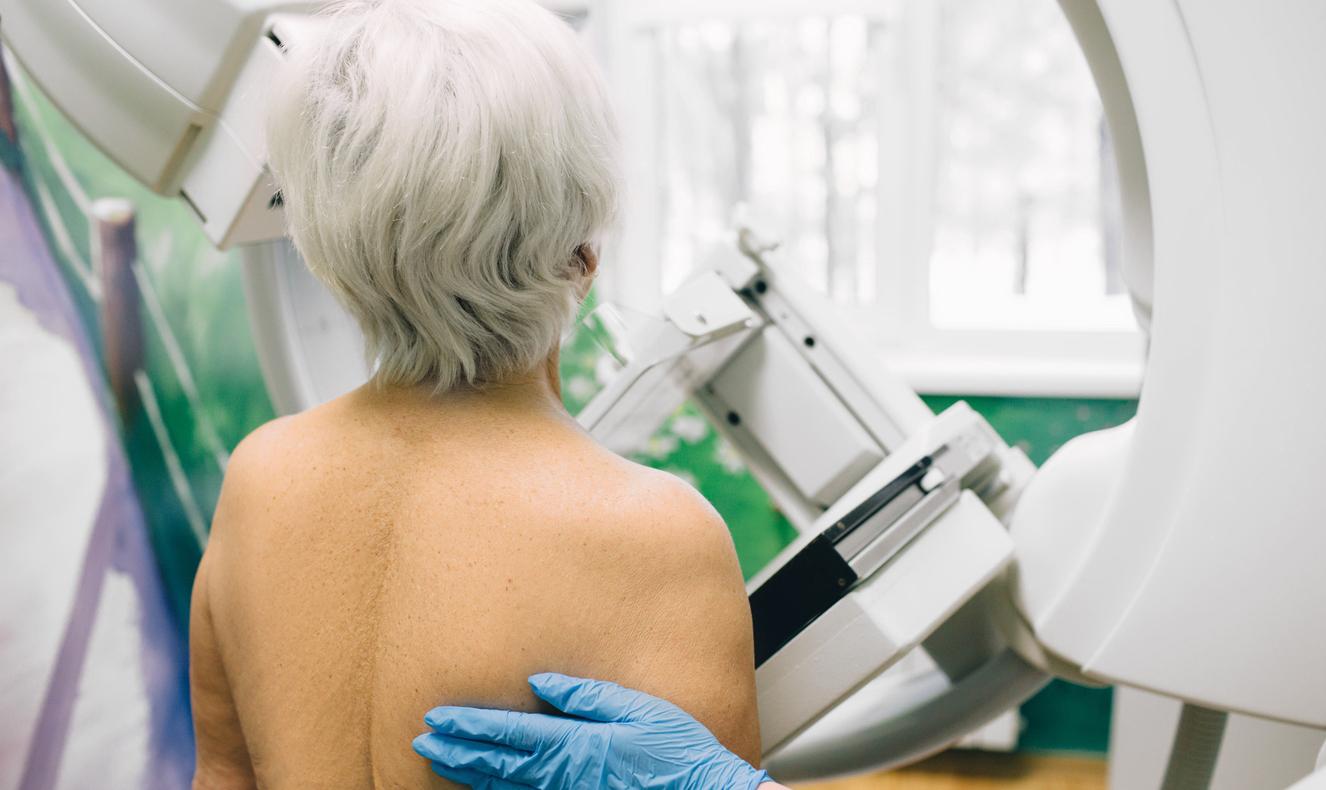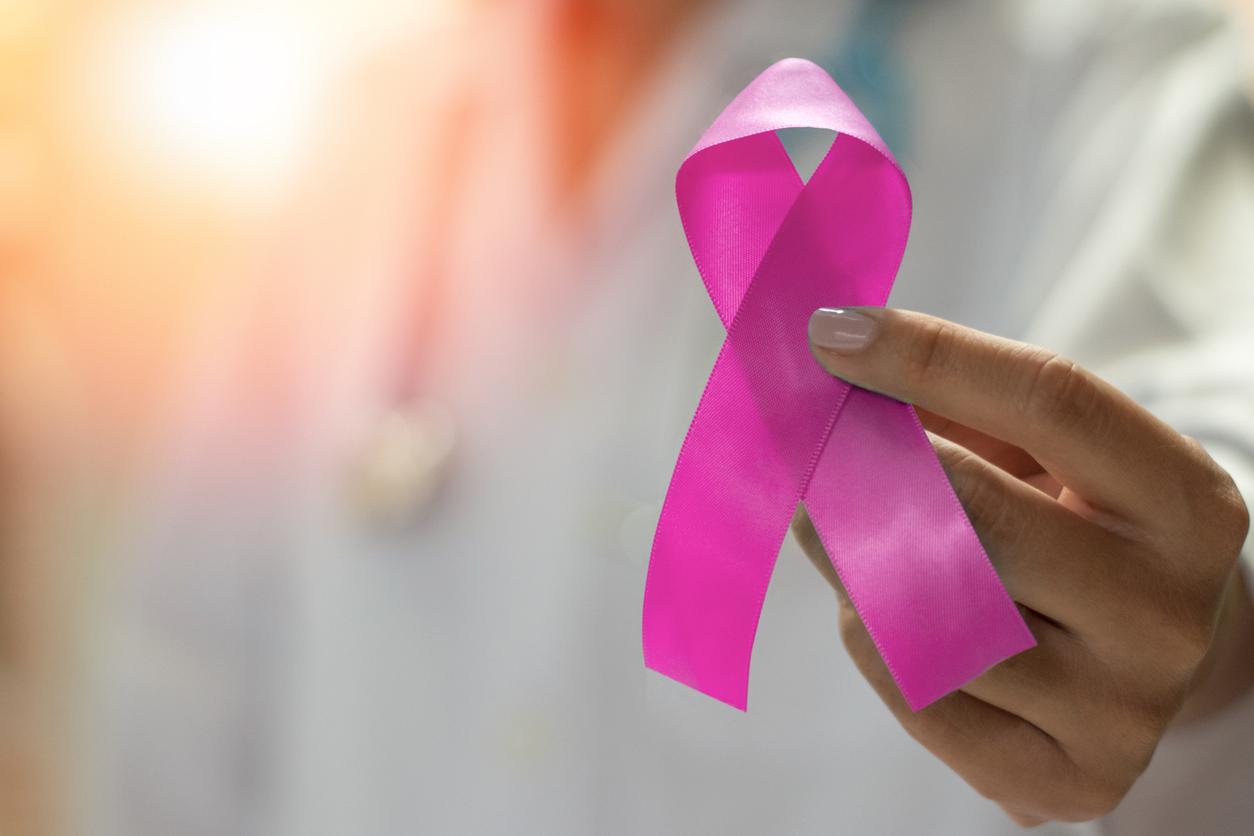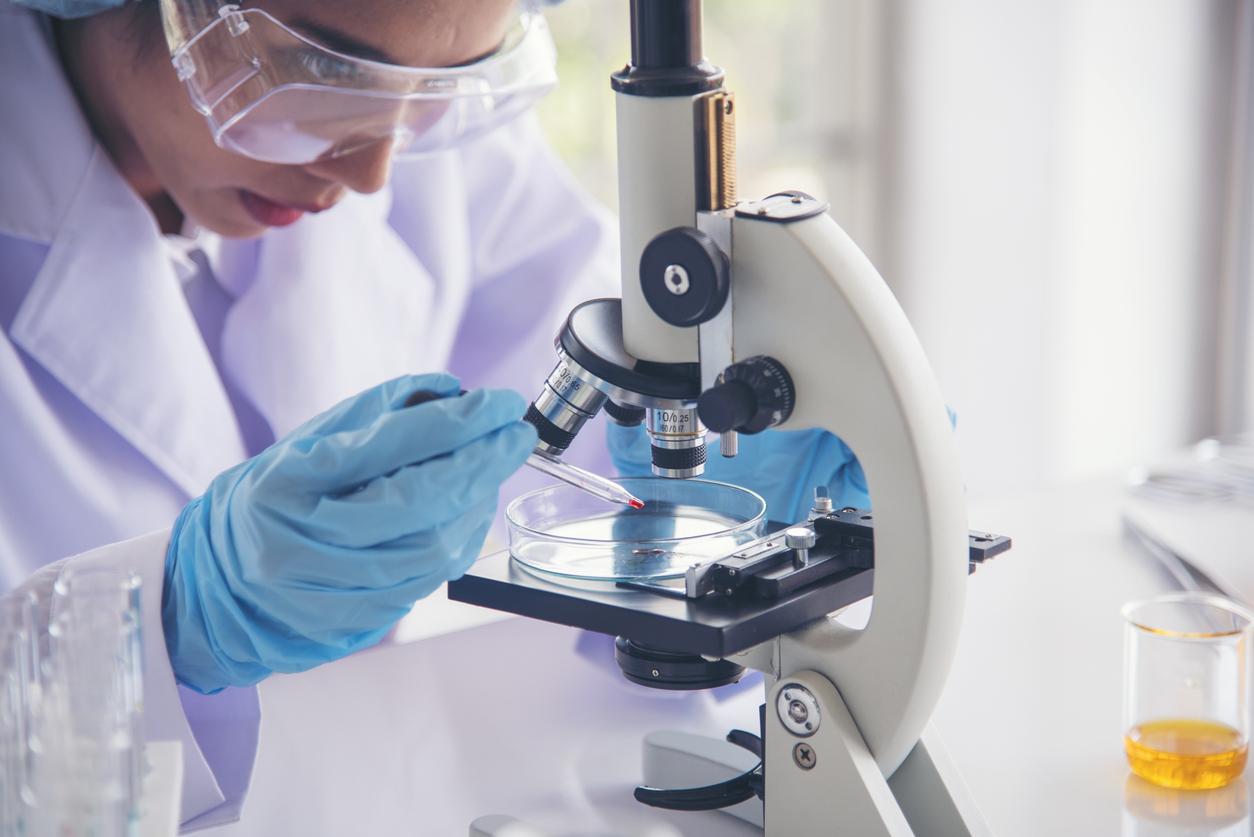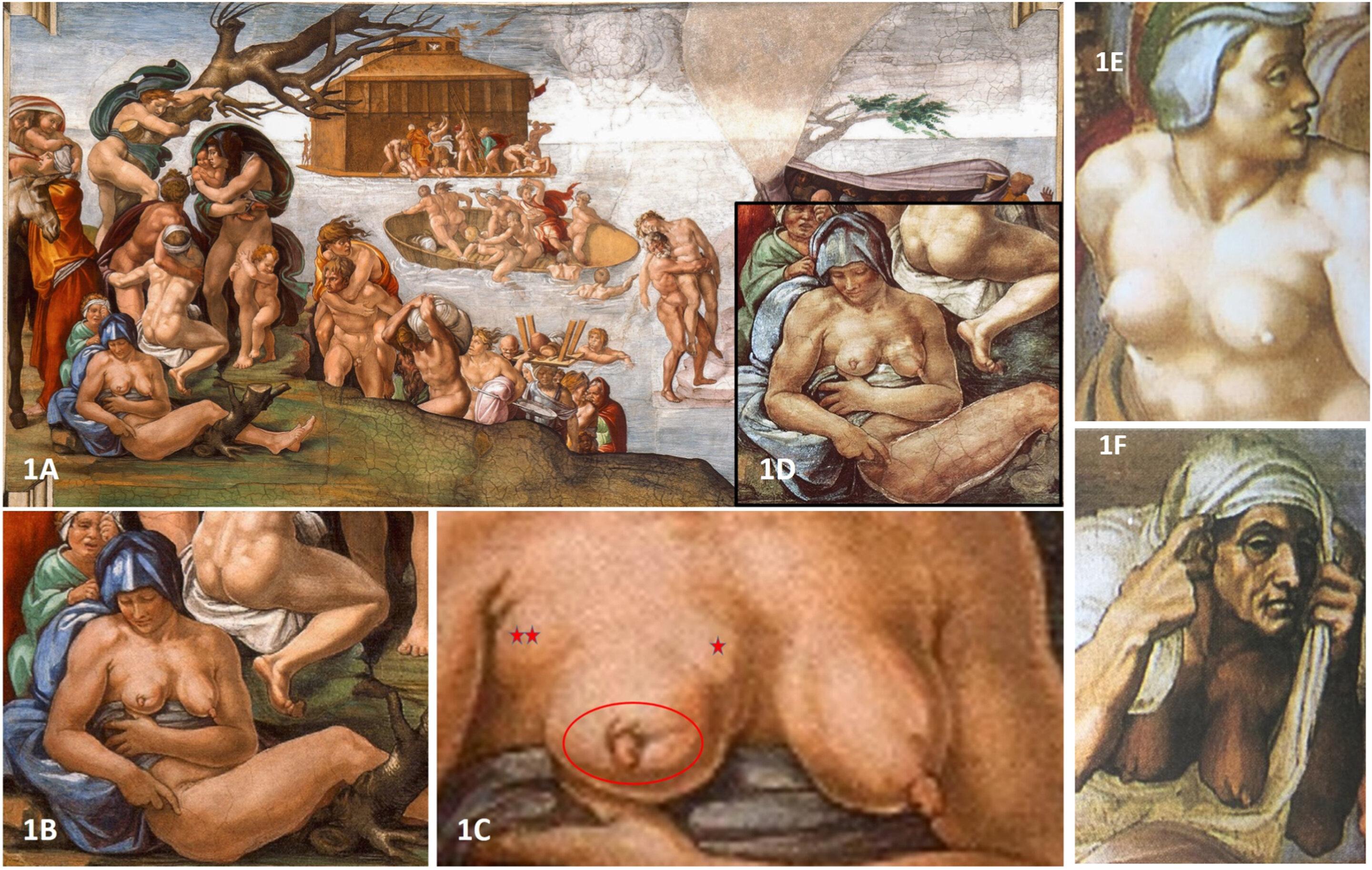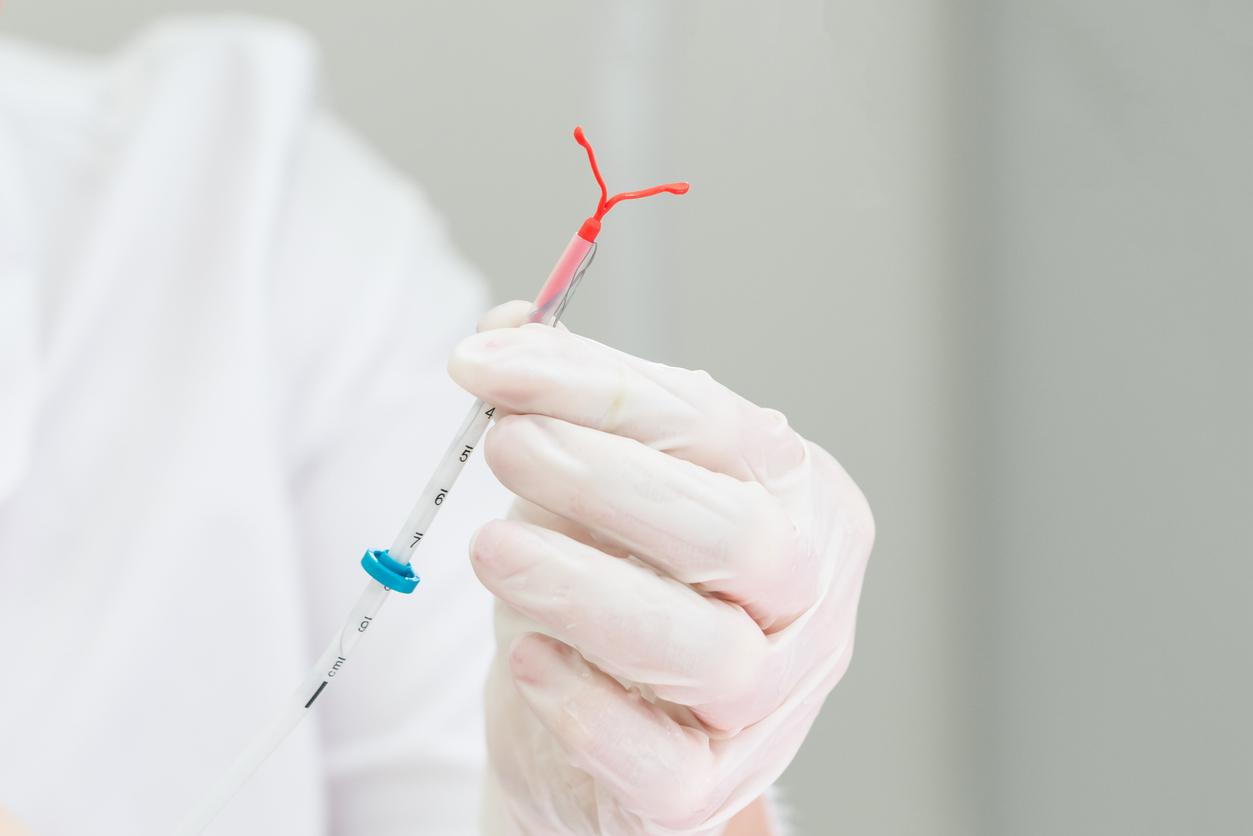Saving more than 800,000 lives each year without doctors, without drugs and even without moving. This formidable feat is our body that is capable of achieving it.
A study of 164 countries shows that the generalization of breastfeeding could prevent the death of 823,000 children under the age of five every year, prevent several childhood pathologies and even reduce the number of annual deaths from breast cancer by 20,000. breast.
“Whether to breastfeed or bottle-feed is undoubtedly a matter of individual choice, at least for mothers who are free (materially, professionally or family-wise) from this decision. But it is also a question of public health”, warns, from the outset, the journalist Pierre Le Hir in The world.
This is no doubt what the WHO wanted to remind us of by advocating exclusive breastfeeding up to 6 months, more partial up to two years.
Financed by the Bill and Melinda Gates Foundation and the British Wellcome Trust, this meta-analysis (a synthesis of several studies) also puts an end to the received idea according to which this recommendation primarily concerns poor countries. The authors of the study reaffirm that “breastfeeding saves lives and money in all countries”.
Moreover, the daily recalls, a little more than one child in five is breastfed – at least partially – up to twelve months in rich countries, while almost all babies living in low-income areas or average income benefits from this natural diet in the first weeks. At six months, they are only one in three.
At one year, France (5%) is certainly doing better than several countries, such as the United Kingdom (0.5%), Ireland (2%) or Denmark (3%), but remains very far behind the Japan (60%), Norway (35%), the United States (27%), Spain (23%) or Germany (23%).
First broadcast: January 29, 2016







